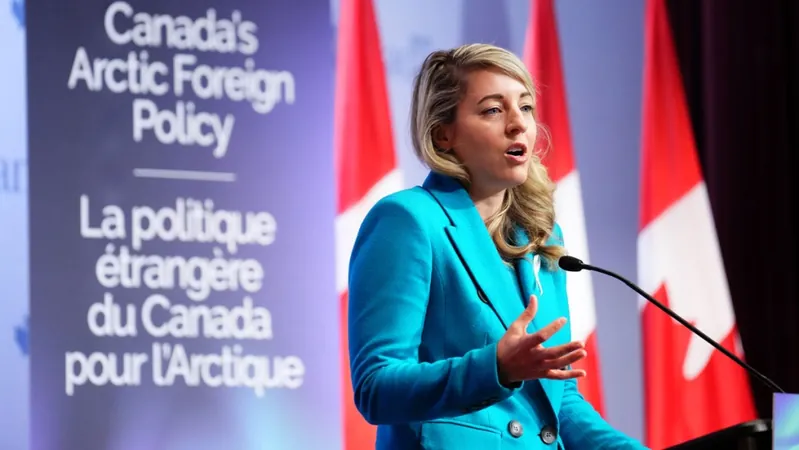
Canada Takes Bold Step: Appointing New Arctic Ambassador and Expanding Consulates Amid Geopolitical Tensions!
2024-12-06
Author: Charlotte
Canada's Strategic Arctic Initiative
In a strategic move to navigate the evolving geopolitical landscape of the Arctic, Canada has announced the appointment of a new Arctic Ambassador and the opening of two new consulates in the region. This initiative is part of Canada’s recently launched Arctic Foreign Policy, aimed at addressing emerging challenges fueled by global conflicts and climate change.
A Pivotal Moment
Foreign Affairs Minister Melanie Joly emphasized the pivotal moment Canada is facing in the Arctic, citing “Canada is at an inflection point in the Arctic.” The announcement was made during a press conference in Ottawa, co-hosted with National Defence Minister Bill Blair and Minister of Northern Affairs Dan Vandal. The country's new Arctic policy comes at a critical time as tensions rise due to the ongoing war between Russia and Ukraine, along with increasing competition from non-Arctic nations seeking greater influence in the region.
Key Proposals of the Arctic Foreign Policy
The newly unveiled Arctic Foreign Policy not only allocates $34.7 million for immediate initiatives but also commits to a continuous investment of $7 million annually for the next five years. Among its key proposals are the appointment of an Arctic Ambassador and the establishment of consulates in Anchorage, Alaska, and Nuuk, Greenland, firmly positioning Canada as a proactive player in Arctic affairs.
Collaboration with Allies
With rising global interest in the Arctic, ministers are keen to enhance collaboration with the United States, Canada’s closest ally, and deepen relations with Nordic partners. Recent discussions between Minister Joly and Nordic foreign affairs ministers have already signaled a collective focus on security matters in the region.
Evolving Security Landscape
The policy stresses that the Arctic is no longer a tranquil zone, asserting, “The North American Arctic is no longer free from tension.” It further details the sophisticated non-military tactics employed by adversarial states, such as cyber threats and economic coercion, aiming to influence the Arctic dialogue.
Geographical Challenges
National Defence Minister Bill Blair noted that geographical advantages that once shielded Canada are shifting. “The Arctic Ocean will soon emerge as a crucial shipping channel between Europe and Asia, and as natural resources become more accessible, security challenges and geopolitical competition are set to intensify.”
Indigenous Community Involvement
Furthermore, the policy integrates commitments to existing frameworks aimed at uplifting Indigenous communities in the North. It acknowledges the integral role that First Nations, Inuit, and Métis groups play in shaping Arctic governance. Minister Vandal highlighted the importance of Indigenous knowledge and traditions in crafting policies that respect self-determination and reflect the values of Arctic Peoples.
Conclusion: Future of the Arctic
The implementation of this Arctic Foreign Policy not only aims to bolster Canada’s sovereignty and national security interests but also to foster a stable and prosperous future for all communities in the Arctic region. As the geopolitical scene evolves, Canada is reinforcing its commitment to maintaining peace and cooperation in the world's northernmost territories, ensuring that it stays at the forefront of Arctic affairs in the years to come.
Stay tuned, as this developing story can change the future of the Arctic and the countries involved!

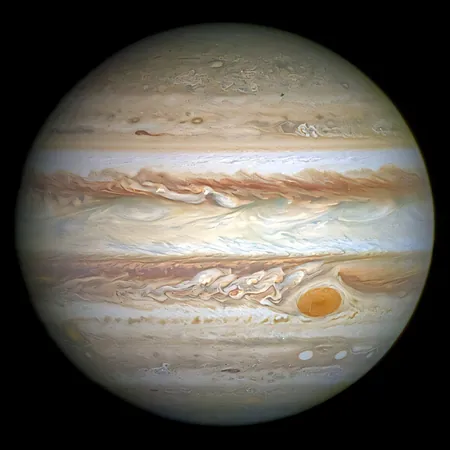

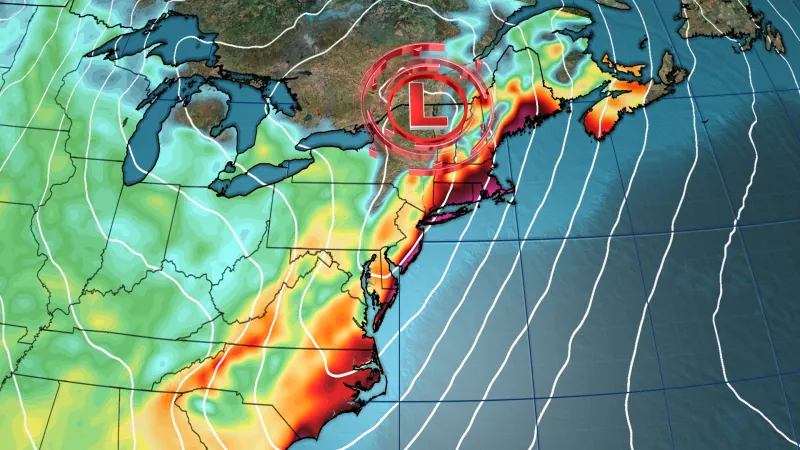



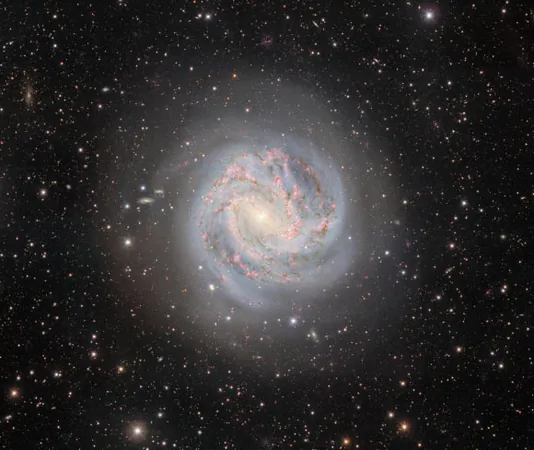
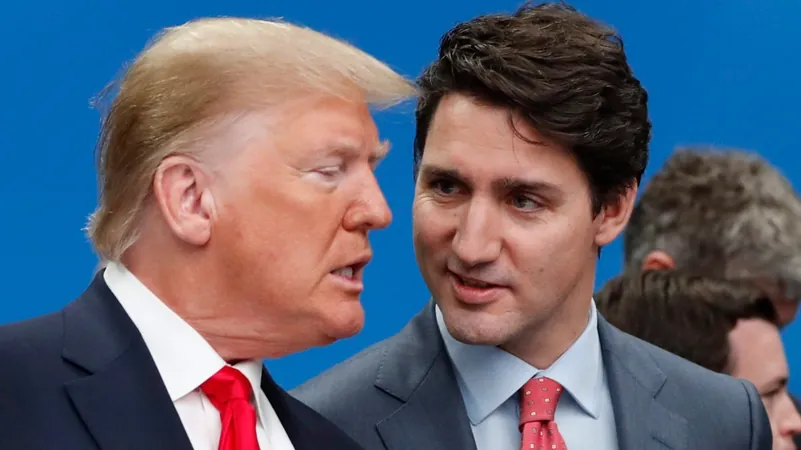
 Brasil (PT)
Brasil (PT)
 Canada (EN)
Canada (EN)
 Chile (ES)
Chile (ES)
 España (ES)
España (ES)
 France (FR)
France (FR)
 Hong Kong (EN)
Hong Kong (EN)
 Italia (IT)
Italia (IT)
 日本 (JA)
日本 (JA)
 Magyarország (HU)
Magyarország (HU)
 Norge (NO)
Norge (NO)
 Polska (PL)
Polska (PL)
 Schweiz (DE)
Schweiz (DE)
 Singapore (EN)
Singapore (EN)
 Sverige (SV)
Sverige (SV)
 Suomi (FI)
Suomi (FI)
 Türkiye (TR)
Türkiye (TR)